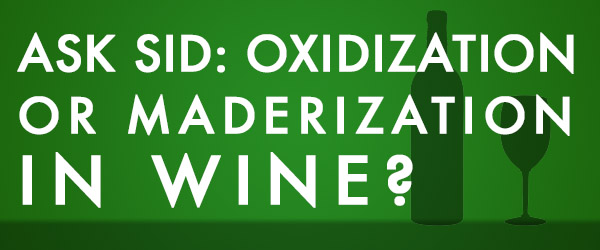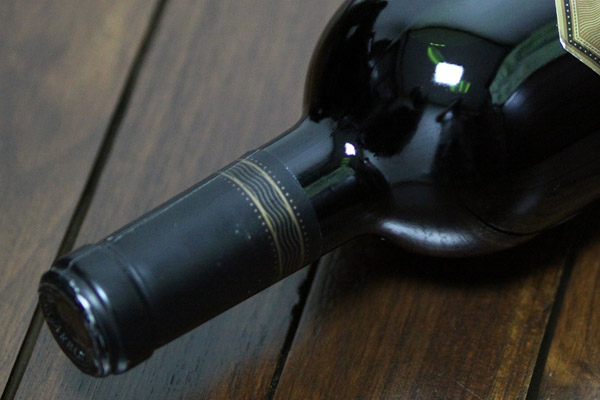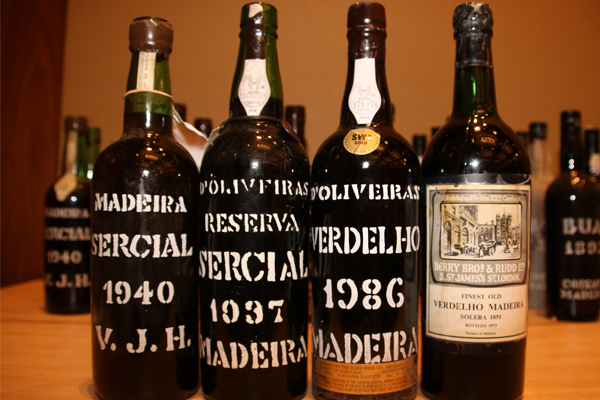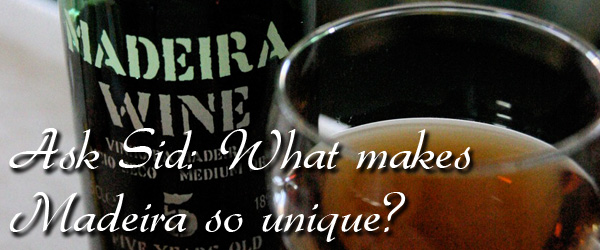 |
 |

Question: I have noticed some wine critics are using the terms oxidization and maderization together. Do they mean the same thing or are they different?
Answer: Observant by you. Yes some tasters often throw both words around with abandon. A wine can be both oxidized and maderized but not necessarily as they have different meanings. Oxidization is a fault where the wine has received at some stage too much exposure to oxygen. This can be caused in several ways either during production or through a faulty closure (cork or screwcap). More likely when a wine is older and the cork may have shrunk letting in air. Also it occurs when the wine bottle has been open too long and exposed to the air (like the browning of cut apples). Maderization also results in the oxidation of the wine but usually in a narrower sense involving some heat (like the production process for Madeira). Can happen during production but more likely through hot storage at some time either during transport or cellaring where the wine gets “cooked”. Often results in white wines looking quite brown. Use both terms where appropriate but note the different meanings.
You might also like:
 |
 |
 |
It is also important to note that madeirization is a style purposefully used in certain wine production, like Madeira, Tawny Port, some Sherry, and Rivesault. The oxidized flavors are part of the wine’s makeup when finished.